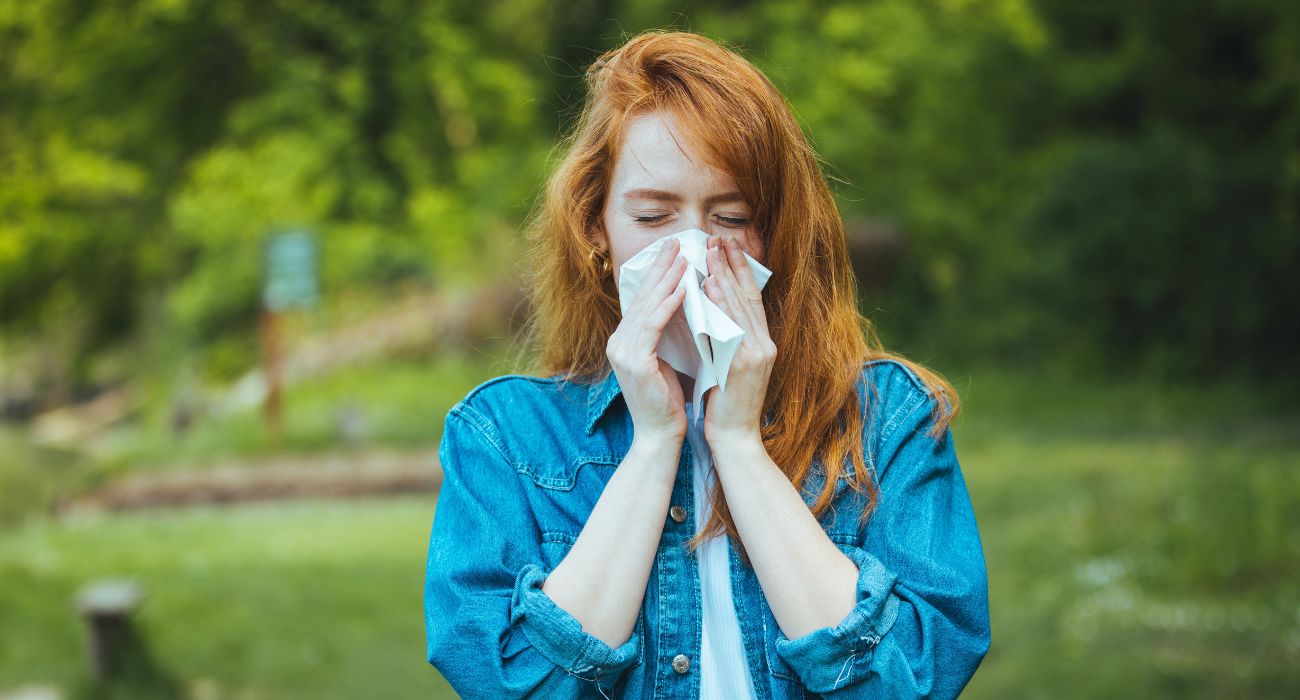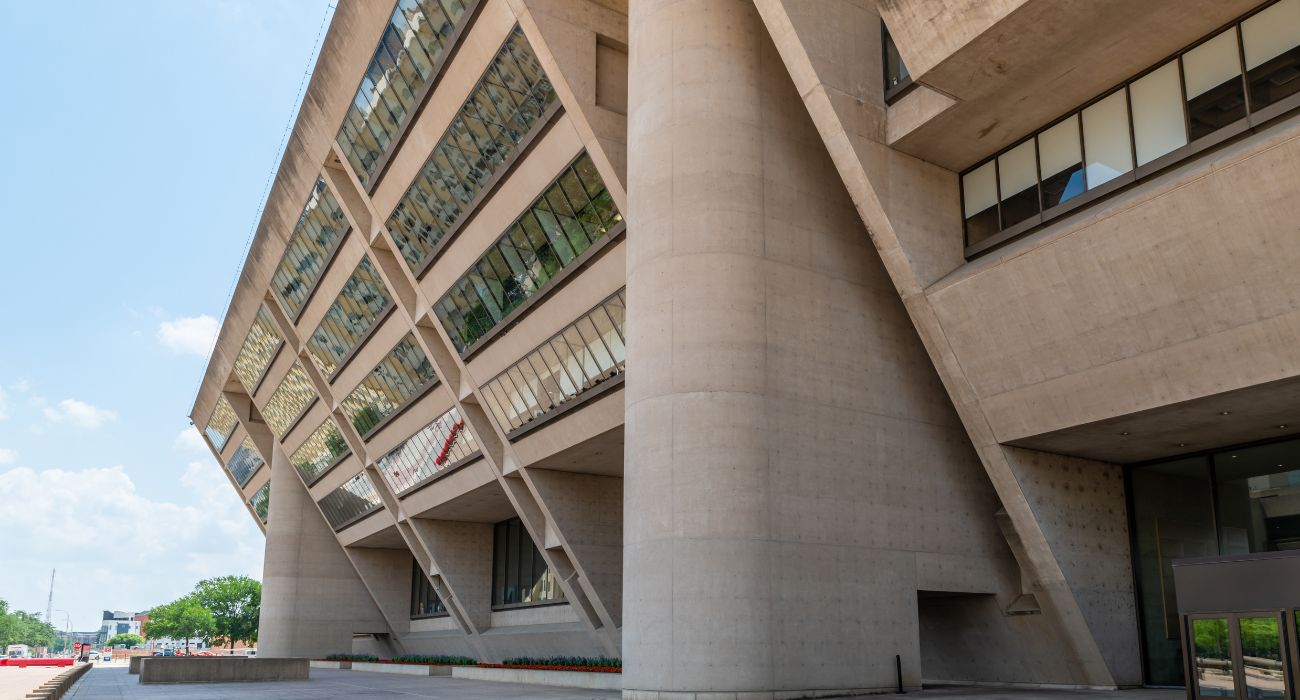Do you have the sniffles? You aren’t alone. Dallas’ allergy season is roughly 21 days longer now than it was in 1970.
According to an analysis conducted by the nonprofit Climate Central, the Dallas area experienced an increase of 21 days in its allergy season between 1970 and 2021.
The findings leveraged temperature data to determine the number of “freeze-free” days experienced in a given place each year.
This refers to when weather conditions are warm enough to allow for plants to flower and release allergy-inducing pollen. This is typically between early spring through late fall. Similarly, fungi release high concentrations of mold spores during this time.
The upward trend recorded by Climate Central is not limited to Dallas alone.
The study of 203 U.S. cities found that the duration of allergy season grew by roughly 15 days on average during the same period.
In 31 of the cities studied, the season between the last and first freeze grew by at least a month. Cities in the West saw the greatest increases, especially Reno, Nevada, which saw 99 days added to its allergy season.
While a few cities — such as Denver, Colorado, or Charlotte, North Carolina — saw fewer freeze-free days, the overall trend identified by Climate Central points to allergy seasons getting longer and worse.
This analysis seems to support other findings suggesting that pollen trends across the country have risen in both duration and concentration between 1990 and 2018.
Today it is estimated that 81 million people in the U.S. suffer from seasonal allergic rhinitis, according to the Asthma and Allergy Foundation of America (AAFA).
As The Dallas Express reported, Dallas is notorious for wreaking havoc among those suffering from seasonal allergies.
A list compiled recently by the AAFA ranked the city No.2 among “allergy capitals” nationwide. Only Wichita, Kansas, beat out Dallas in terms of pollen scores, sales of over-the-counter allergy medicines, and the number of board-certified allergists and immunologists.
The health nonprofit explained in a news release that of the 26 million people in the U.S. diagnosed with asthma, up to 80% of them can have an attack triggered by allergies.
In order to assist those with pediatric asthma rates, Dallas County created a dashboard to help track and identify risk factors by neighborhood, as The Dallas Express reported.
The propensity of asthma, which is a chronic illness affecting the lungs, increases alongside key lifestyle risk factors such as obesity, which is also one of the most pressing public health problems in the country and in DFW particularly, as covered by The Dallas Express.
Individuals with seasonal allergies often rely on antihistamines to alleviate their symptoms, potentially leading to other risk factors as well.
As The Dallas Express reported, antihistamines may interact with other medications, alcohol, or even illicit drugs such as opioids to produce fatal effects. Antihistamines have a sedating effect on the body, especially the respiratory system.
While alcohol is the leading factor in most motor vehicle crashes, other substances behind impairment — most especially antihistamines — are creeping into the picture and causing alarm, according to the National Highway Traffic Safety Administration.
Such as, the lengthening of allergy seasons in Dallas and other U.S. cities has over-arching health implications for all Americans, not only those with seasonal allergies.







Trackbacks/Pingbacks